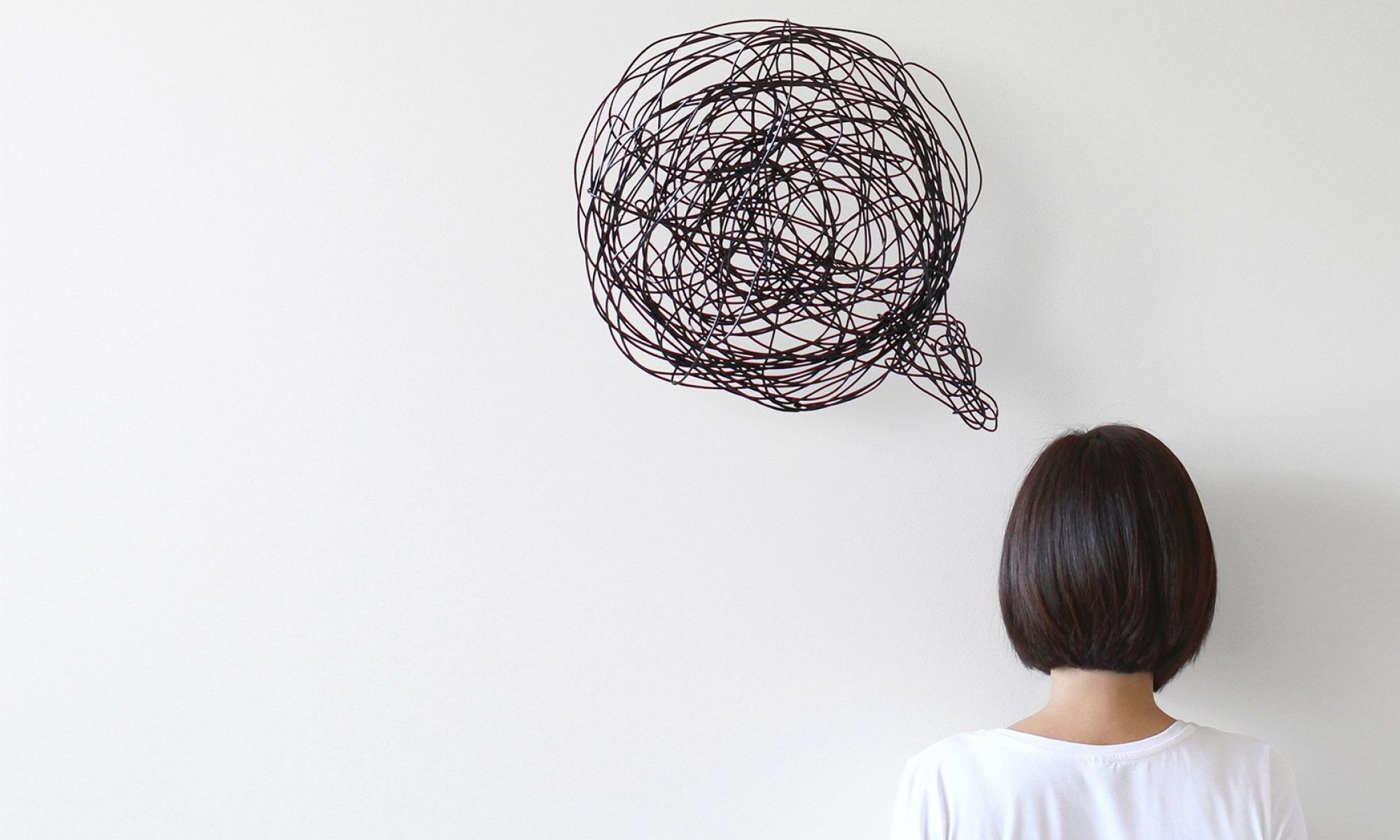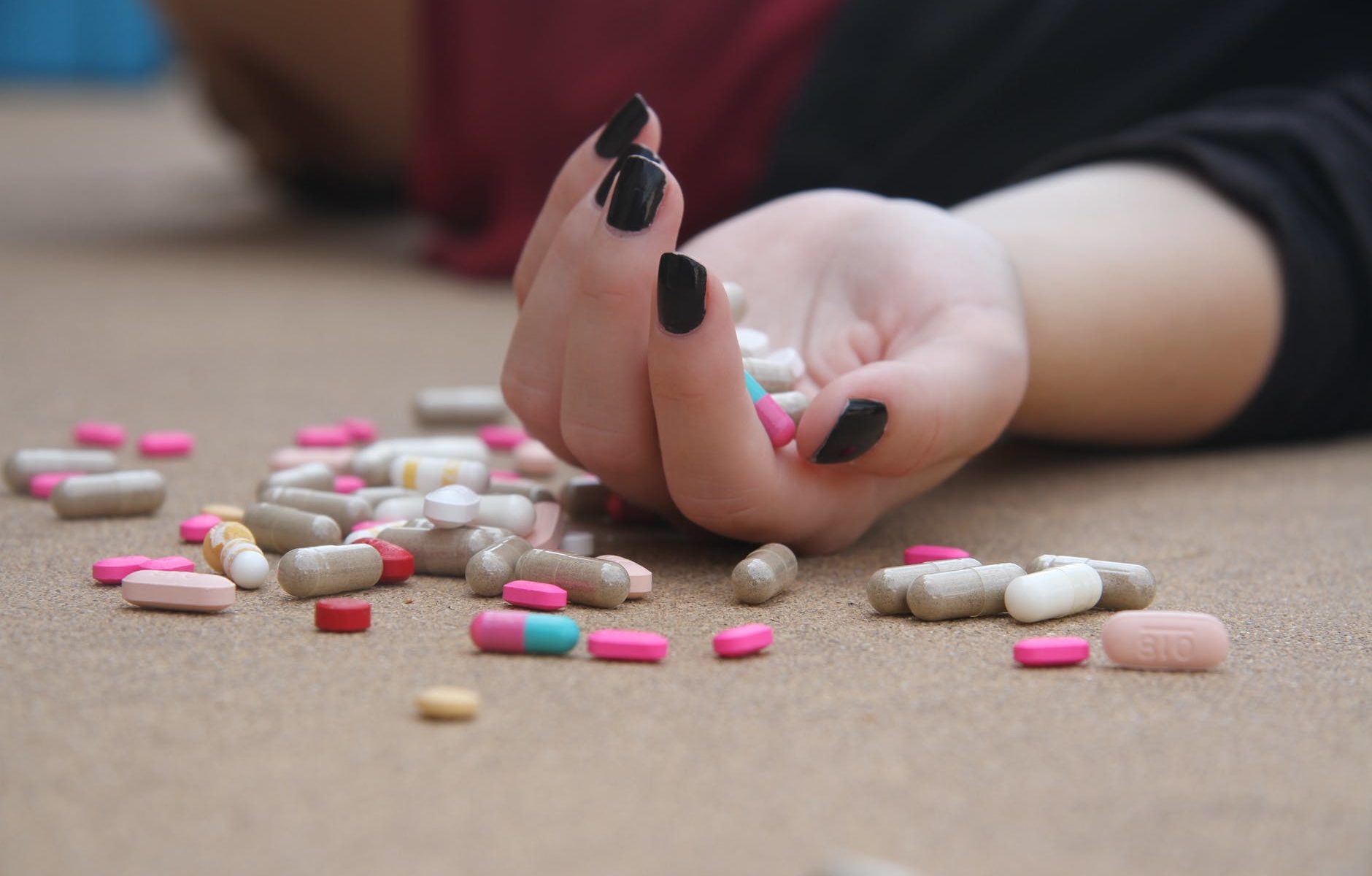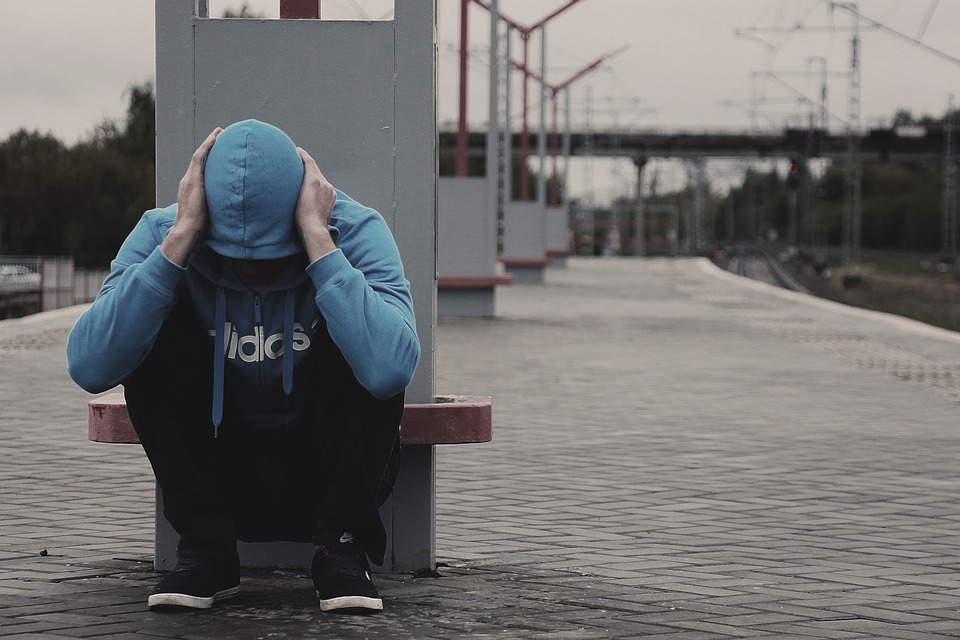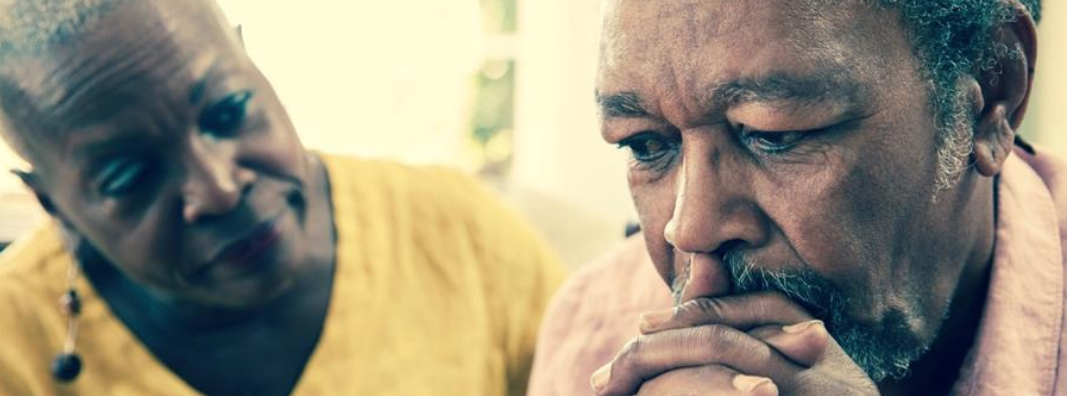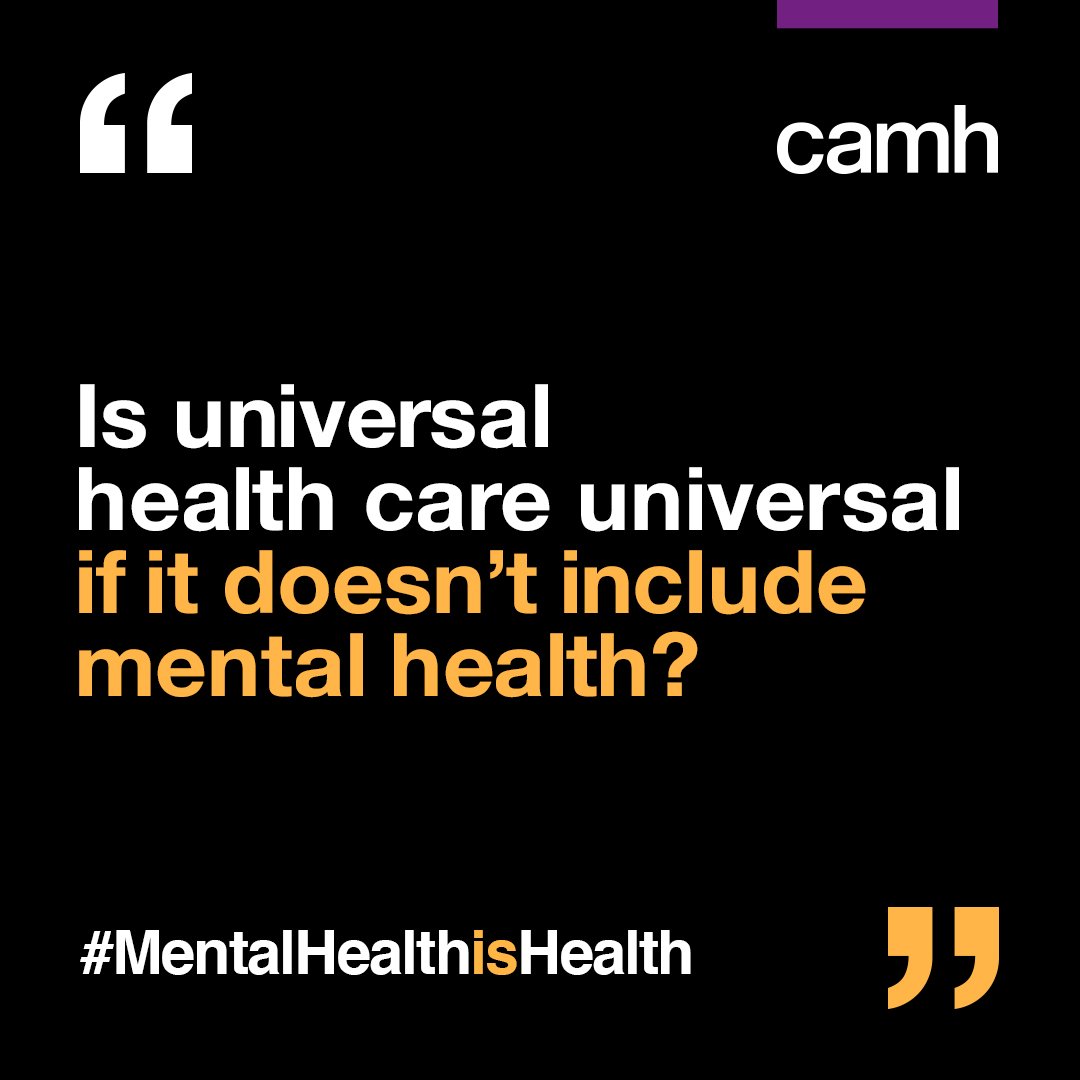From The Sleep Help Institute
The quality of your sleep is affected by everything. From your habits and the food you eat, to the medications you take and drinks you ingest. So, it’s no surprise that if a person has developed an addiction—to an over-the-counter drug, alcohol, or other type of substance—that addiction could affect their sleep quality, too.
Sleep disorders and addiction have a bidirectional relationship: Each individual issue—alcohol dependence, insomnia, etc.—relate to and effect the other issue. The nature of this intricate relationship requires a person seek treatment for both issues to find a healthy, sustainable resolution.
Keep reading to discover how various forms of addiction affect sleep. This guide also will delve into various types of substance-induced sleep disorders, substances that can cause or lead to sleep disorders, and information concerning how an individual can recover from addiction.
The relationship between sleep and addiction
How do various substance addictions upset the body’s brain chemistry and disrupt the natural sleep rhythm? The answers vary. Each substance type has different characteristics, and affects an addicted person’s sleep in various ways.
Stimulants
Cocaine effects the brain’s limbic system. The system consists of interconnected regions that regulate motivation and pleasure. Cocaine’s short-term effects immediately cause a buildup of dopamine, which can cause euphoria. This euphoria can make a person want to take the drug again.
Because cocaine increases wakefulness, it can disrupt REM sleep. And cocaine withdrawal can lead to disturbed sleep and unpleasant dreams (also known as a parasomnia).
Amphetamines stimulate the central nervous system. Although amphetamines are used to treat multiple medical issues, such as depression and attention deficit hyperactivity disorder (ADHD), people can develop a psychological amphetamine dependence.
Use of amphetamines can decrease the amount of time a person spends in REM sleep periods.
Hallucinogens
Hallucinogens are a group of drugs that can alter a person’s perception, and cause sensations or create images that aren’t real. A few examples of hallucinations are as follows:
Ayahuasca
DMT
D-lysergic acid diethylamide (LSD)
Peyote (Mescaline)
4-phosphoryloxy-N,N-dimethyltryptamine (psilocybin)
In general, hallucinogens can interfere with serotonin. Serotonin regulates sleep and other major bodily functions. When a person takes a hallucinogen, they can experience short-term sleep problems. A study in the journal Therapeutic Advances in Psychopharmacology also states LSD users often experience a loss of sleep.
Sleep loss, which sometimes presentats as insomnia, can either be chronic (difficulty falling or staying asleep at least three nights a week for three months or more) or short-term (lasts less tan three months, or presents when a person has trouble falling or staying asleep).
MDMA, also known as 3,4-methylenedioxymethamphetamine or ecstasy, is a specific type hallucinogen and stimulant. It’s a synthetic drug. MDMA can make a person feel energized, and distort their perceptions and how they experience time.
People who use a lot of MDMA can experience persistent sleep disturbances. MDMA also can affect the human body’s monoamine neurotransmitters. These neurotransmitters greatly affect sleep and daytime alertness (also known as hypersomnia).
Depressants
Marijuana dependence is similar to other substance abuse disorders. People who have issues with this substance face social, psychological, and physical impairments. Dependent users also have sleep problems.
A study that appeared in the journal Sleep Medicine Reviews reports that people who smoke marijuana have a hard time falling asleep, and have strange dreams when they experience marijuana withdrawal.
Another study in the journal Addiction Science & Clinical Practice found that chronic cannabis use can negatively affect sleep during withdrawal. Insomnia, sleep withdrawal, and strange dreams were reported.
People often assume alcohol can help them sleep because it causes drowsiness. Although alcohol can help a person fall asleep, it causes disrupted sleep. Disturbances can occur during sleep stage transitions. These disturbances can worsen the effects of insomnia and cause sleep apnea.
The previously mentioned study in the journal Addiction Science & Clinical Practice also reports that alcohol users can experience:
A hard time falling asleep
Awakening during the night
Daytime sleepiness
Abnormal sleep quality
Also, insomnia is the most prevalent complaint from alcoholics after they quit drinking.
Opioids
Opioid drugs come in illegal and legal forms. Heroin, for example, is illegal, and other opioids, such as the synthetic drug fentanyl, and pain relievers, such as oxycodone, hydrocodone, codeine, and morphine, are available via prescription.
All opioids interact with opioid receptors on nerve cells in the body and brain. According to the U.S. government’s National Institute on Drug Abuse, 21 to 29 percent of patients who are prescribed opioids misuse the drugs.
Although most prescription opioids are safe to take for a short period of time, long-term opioid use can cause addiction. Addiction can occur because these pain relieving drugs also can cause euphoria.
The longer a person takes an opioid, the greater the chance they could develop an addiction. Addiction to opioids also can arise from prescription misuse.
Sadly, opioid addiction can lead to death. The CDC searchable database, CDC Wonder, reports that 20,000 overdose deaths in 2016 were related to fentanyl and synthetic opioids.
Why opioids are addictive
Environmental and individual factors impact how a person reacts to opioid drug affects. In general, however, opioids affect a person when the drug enters the bloodstream and travels to the brain.
A study in the journal Science & Practice Perspectives found that proteins that opioids attach to, which are called mu opioid receptors, are located on brain cells. This chemical/receptor interaction triggers the same biochemical brain processes that give people pleasurable feelings via “brain circuits” in the mesolimbic (midbrain) reward system.
According to the article, this “system” creates signals in the brain’s ventral tegmental area (VTA). This “area” releases the chemical dopamine (DA) in another part of the brain, which is referred to as the nucleus accumbens (NAc). Dopamine creates “pleasurable” feelings.
Opioids and sleep
Opioids are a well-known sleep disrupter. A study in the journal Anesthesiology explains that opioids can block the human body’s access to rapid eye movement (REM) sleep. These drugs also can block access to the deeper, restorative stages of non-REM sleep. A lack of sleep can actually make any pain a person may feel—for example, the pain they are taking opioids for—worse.
Opioids, withdrawal and sleep
When a person ceases using opioids, she can experience sleep issues. An article in the journal Psychiatry Research examined the quality of sleep in people who had “heroin use disorder” who were going through “early methadone maintenance therapy” (MMT). The study participants experienced less sleep and daytime sleepiness.
Another study in the journal Drug Alcohol Dependence also found that people in the early stages of methadone detox had issues getting enough sleep. Their sleep quality was poor, too.
When sleep deprivation leads to drug use
Although heavy drug use can lead to sleep issues, sleep issues, such an insomnia, can also lead to drug use.
A study published in the Journal of Youth and Adolescence found that lower levels of weekday sleep were related with substance use, specifically alcohol. An association also was found between alcohol and cigarette use and weekend oversleep, which is defined as “wake time on the weekends as compared to weekdays”. The study also posits that lower sleep times could also lower an individual’s inhibition, and their ability to regulate their emotions, which can lead to substance abuse.
Although the study examined youths’ relationship with the previously mentioned substances, the findings may relate to adults, as the study also discovered that after a follow-up, which occurred two years after the study, alcohol use was associated with weekend sleep delay (defined as a person’s time to bed on the weekends compared to weekdays). Alcohol use also was associated with greater weekend “oversleep”, too.
Read more here.
